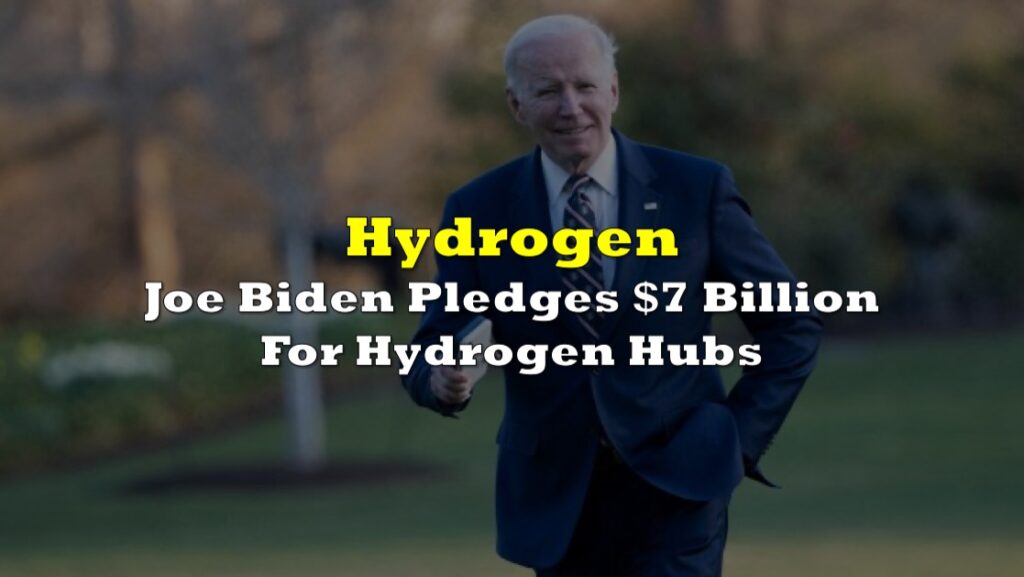US President Joe Biden unveiled a significant move on Wednesday, as the Federal Trade Commission (FTC) introduced a proposed rule aimed at eradicating hidden and deceptive junk fees that often obscure the true expenses associated with concert tickets, hotel stays, and utility bills.
Eliminating these sneaky charges has been a top priority for the Biden administration, with Democrats leading the charge to enact legislative reforms and launch various initiatives geared toward safeguarding consumers. Administration officials have emphasized the detrimental impact of these hidden fees, asserting that they not only artificially inflate prices but also squander people’s valuable time.
Addressing the issue, Biden declared, “These junk fees may not matter to the wealthy, but they sure matter to working folks in homes like the one I grew up in.”
Biden went on to stress that these deceptive charges also create obstacles for honest businesses striving to maintain integrity. He underlined that this crackdown is part of a broader campaign involving cooperative efforts between the government and major corporations, including Airbnb, Live Nation, Ticketmaster, and SeatGeek.
The White House statement said, “Junk fees are hidden, surprise fees that companies sneak onto customer bills, increasing costs and stifling competition in industries across the economy.”
“These junk fees now cost Americans tens of billions of dollars per year—money that corporations are extracting from working families just because they can,” said FTC Chair Lina M. Khan. “The FTC’s proposed rule to ban junk fees will save people money and time, and make our markets more fair and competitive.”
Complementing the FTC’s proposal, the Consumer Financial Protection Bureau (CFPB) has announced its own measures to curb large banks from imposing junk fees for essential customer services such as checking account balances.
According to Lael Brainard, the director of the White House National Economic Council, research indicates that concealed fees could lead consumers to overpay by as much as 20% compared to knowing the full cost upfront and conducting price comparisons.
The FTC has estimated that consumers collectively waste an astonishing 50 million hours annually searching for the total prices of tickets and accommodations. Implementing this rule would not only save this substantial amount of time but also result in approximately $1 billion in annual savings.
Khan stated during a press call, “The proposed rule would prohibit corporations from running up the bills with hidden and bogus fees, requiring honest pricing and spurring firms to compete on honesty rather than deception. Violators will be subject to civil penalties and be required to pay back Americans that they tricked.”
However, it’s worth noting that some business groups remain skeptical about the potential savings that consumers may realize.
Following Biden’s discussion of junk fees during a February meeting with his aides, the U.S. Chamber of Commerce issued a statement, criticizing what they perceived as a “Washington-knows-best” approach and suggesting it could limit choices for consumers while decreasing economic competitiveness.
Subsequent to the Biden’s speech on Wednesday, Bob Pinnegar, CEO of the National Apartment Association, raised concerns that the proposed FTC rule might inadvertently raise the cost of rental housing. He argued, “Policymakers must understand that layering additional regulations will heavily impact housing operations and harm the affordability and availability of rental housing, ultimately hurting the very individuals they seek to protect.”
Earlier this year, Biden faced criticism on the decision to crack down on something as seemingly trivial and out of touch as “resort fees,” what was then called Junk Fee Prevention Act. At a time during which Americans are struggling with the rising costs of essentials like eggs and fuel, and more than half a million people in the country now find themselves homeless, this appears to be a major priority.
Information for this briefing was found via AP News and the sources mentioned. The author has no securities or affiliations related to the organizations discussed. Not a recommendation to buy or sell. Always do additional research and consult a professional before purchasing a security. The author holds no licenses.









